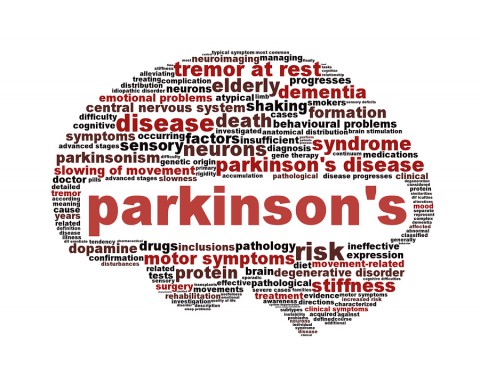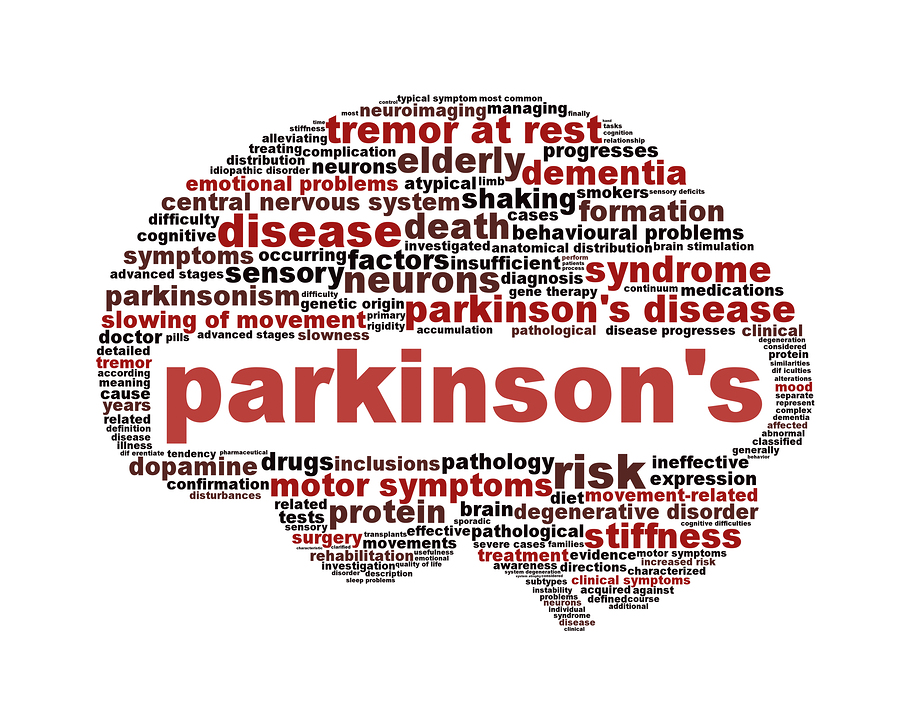 Interdisciplinary teamwork and innovative problem-solving are important parts of tackling today’s medical challenges. With the merging of fields such as medicine and technology, professionals training for a career in healthcare need to be able to work together across traditional disciplines.
Interdisciplinary teamwork and innovative problem-solving are important parts of tackling today’s medical challenges. With the merging of fields such as medicine and technology, professionals training for a career in healthcare need to be able to work together across traditional disciplines.
Recently, researchers discovered that an ingredient in some over-the-counter skin cream products can be used to slow down and even stop the damaging effects that Parkinson’s disease has on brain cells. The drug is called kinetin and has the ability to increase the rate at which a mutated protein can operate. When the kinetin is present, the cell can function properly despite the presence of the mutation.
The exact site where this takes place is in an organelle or cell parts known as mitochondria. These particular organelles are responsible for producing the energy needed for cells to function properly. Nerve cells need copious amounts of energy. The mutation in the protein named PINK1 renders the mitochondria unable to do its job properly and as a result the neuron dies.
The discovery of kinetin’s ability to turn on a cellular mechanism is notable because most drugs only inhibit certain biochemical reactions from occurring. It is rare that a drug initiates a reaction in a mutant enzyme (protein). Through careful investigation and keen attention to detail, researchers uncovered this valuable discovery.
Research teams and those who support their work such as laboratory technicians and laboratory assistants have to be creative problem-solvers with a keen aptitude for unexpected discovery in order to be competitive for top jobs. In science, as in life, sometimes answers to problems exist in unlikely places. This is the case with a new discovery related to the fight against Parkinson’s disease.
Trials in mice are underway to perfect the process and dosing structures for use in humans. Cutting edge research brings with it an opportunity for unexpected discovery. For the 1 million or more people afflicted with Parkinson’s in the United States, this treatment offers the promise of hope and the possibility of an increased quality of life.









